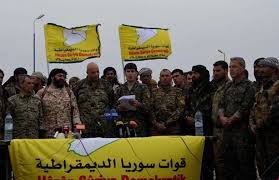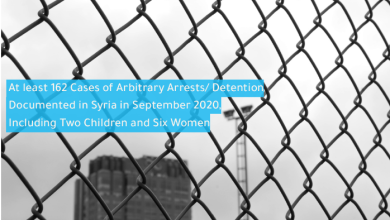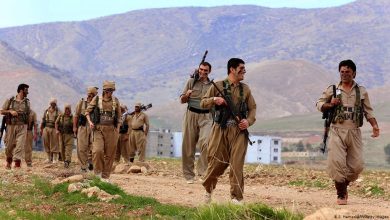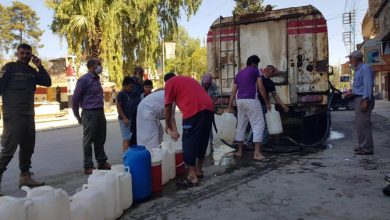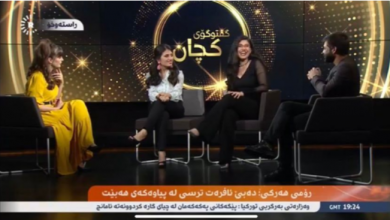A regional affairs expert believes that the full implementation of the security agreement between Iran and Iraq, in addition to curbing terrorist groups and smuggling, could further link the Kurdistan Region market to Iran and foster economic and social stability in both countries.
In an interview with SNN regarding the importance, various dimensions, and positive consequences of the Iran-Iraq security agreement—particularly concerning the bolstering of border trade—Mehdi Azizi, an expert on regional affairs, stated: “During the first year of the Iran-Iraq security agreement’s implementation, some of its provisions were not carried out due to Iraq’s internal issues and disputes between the central government and the Kurdistan Region.”
He added: “Disagreements between the Kurdistan Democratic Party (KDP) and the Patriotic Union of Kurdistan (PUK), issues related to oil exports, and regional developments, including events concerning occupied Palestine, put significant pressure on the Iraqi central government.”
Azizi noted that the redeployment of American forces in Iraq, which mainly favored Kurdish forces, “further directed the government’s focus toward domestic issues and the parliamentary elections. The lack of a unified approach in the Kurdistan Region and pressures from Israel were other factors that prevented the full implementation of this agreement in the first year.”
Positive Impact on Trade and Stability
Regarding the positive effects and consequences of the agreement’s implementation for the people of Iran and Iraq, the regional expert continued: “Should the agreement be fully implemented, we can expect border trade to be strengthened, and border controls and the confrontation with armed and terrorist groups to improve. This, in addition to reducing smuggling, can benefit both sides.”
He emphasized: “Iran is an important market for the Kurdistan Region and Iraq, and expanded commercial ties can help reinforce the national security and territorial integrity of both countries. In fact, the full implementation of this agreement covers economic and social dimensions and enhances trade indicators.”
The Fate of Dissident Group Members
In response to a question about the fate of certain members of armed groups who did not participate in terrorist operations, Azizi said: “Similar to the procedure concerning members of the Mujahedin-e Khalq Organization (MEK), the Islamic Republic of Iran has the capacity to accept these individuals and has demonstrated its goodwill in this regard. Many of these individuals have returned to Iran without issue so far and are leading normal lives.”
The regional affairs expert concluded by noting: “The role of certain political groups in the northern Iraqi region, which are influenced by the policies of the Israeli regime, makes the process of implementing the agreement between Tehran and Baghdad more difficult.”
According to the report, the security agreement between Iran and Iraq was signed by the two parties in March 2023. Experts suggest that the positive outcomes expected from the agreement’s implementation include achieving goals such as the “establishment and expansion of border markets,” “boosting livelihoods for people in border areas,” and, of course, a “significant increase in trade between Iran and Iraq.”


